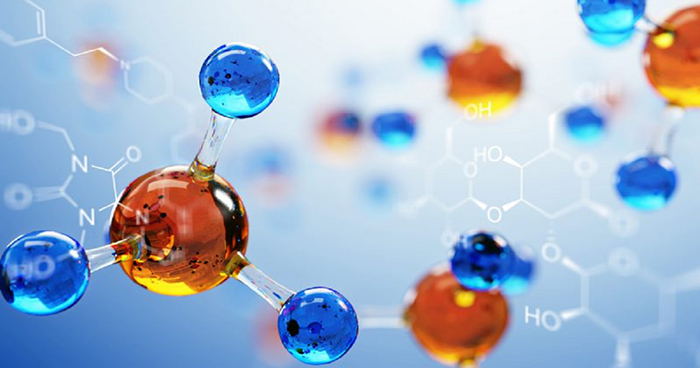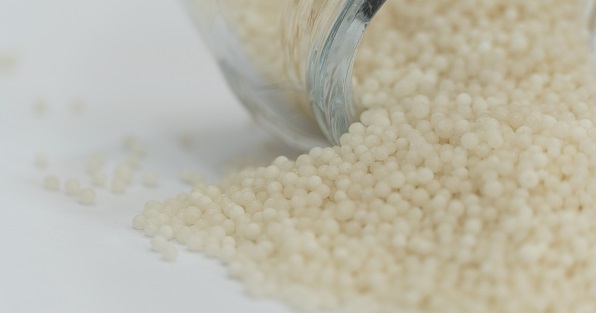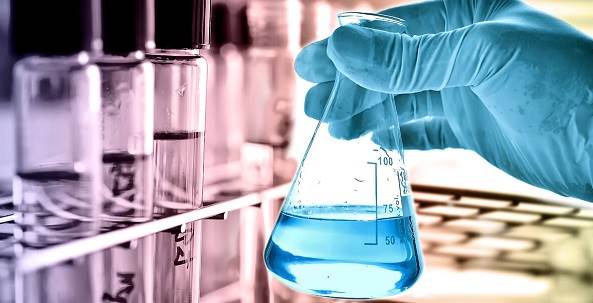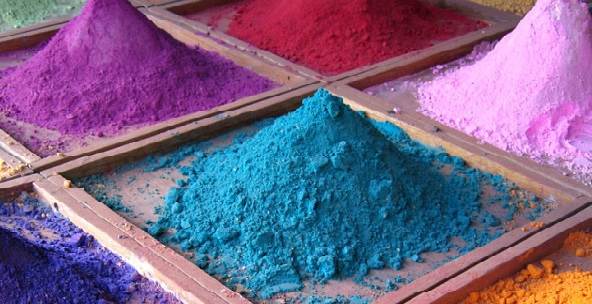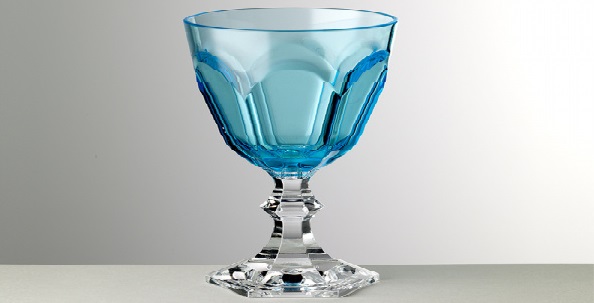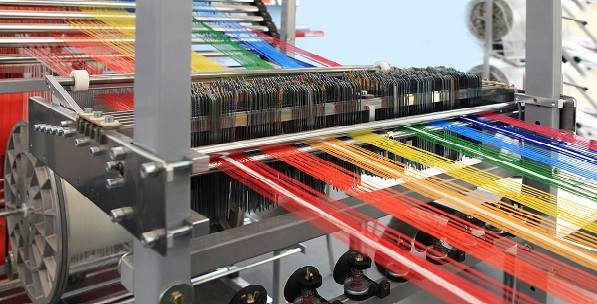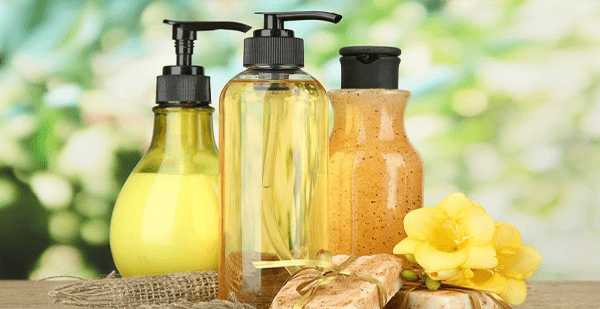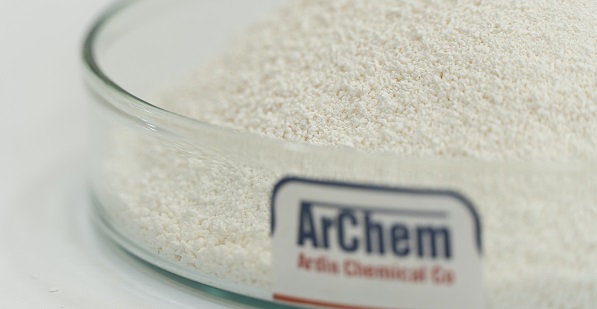Linear Alkyl Benzene Sulphonic Acid (also known as LABSA) is an anionic surfactant with molecules characterized by a hydrophobic and a hydrophilic group. It is a sticky, highly viscous brown liquid which is widely used for producing various detergents and emulsifiers such as washing powder and detergent.
ArChem provides LABSA and other raw chemical materials such as sodium nitrate, Soda Ash, and Ammonium Chloride for various industrial applications. Additionally, ArChem provides customers with other chemical products including Nitrocellulose, Nitrocellulose solution, organic solvents, etc. For further information please contact our technical sales team in ArChem.
Characterization of LABSA
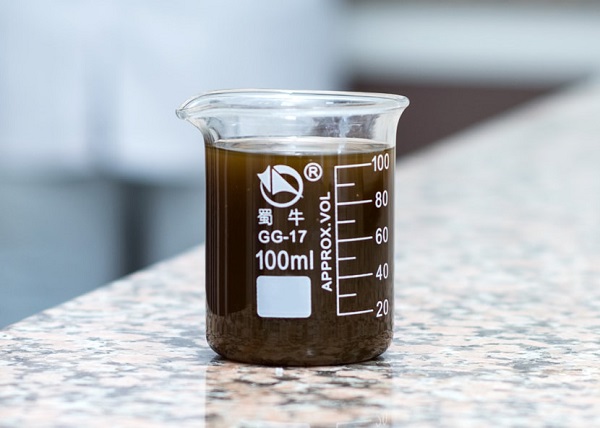
LABSA is the largest-volume synthetic surfactant. Some of the features that have made LABSA a popular product include:
- Good performance
- It can be dried to a stable powder
- Biodegradable and environment-friendly
- Low cost
The chemical formula of LABSA is RC6H4SO3H, in which R can be a straight or a branched alkyl chain.
The chemical structure of this molecule depends on the alkyl chain and its position in the molecule.
LABSA specifications include:
- Its molar mass is 494g. mol-1.
- Its melting point is 10 ℃.
- Its boiling point is 82 ℃.
- Its density is 1 g/cm³.
Applications of LABSA
LABSA is the main raw material for synthetic detergent industries in the formulation of washing powder, detergent powder, liquid soap, cleaning powder, oil soaps, etc. Different uses of LABSA in various industries include:
- Laundry powders
- Laundry liquids
- Dishwashing liquids
- Liquid soap
- Oil soap
- Textile processing
- Formulation of agricultural herbicides
What are the advantages of LABSA?
LABSA is a highly efficient surfactant suitable for use as a detergent in acidic environments. As an intermediate, it is usually neutralized with various bases to produce sulfonates that are used in numerous industries, most commonly in the production of liquid and powder detergents, household cleaners, laundry detergents, dishwashing liquids, etc. Plus, LABSA is applied in various industrial applications such as agriculture, emulsion polymerization, oil field chemicals, etc. Linear Alkyl Benzene Sulphonic Acid is an anionic surfactant with molecules characterized by a hydrophobic and a hydrophilic group.
LABSA production
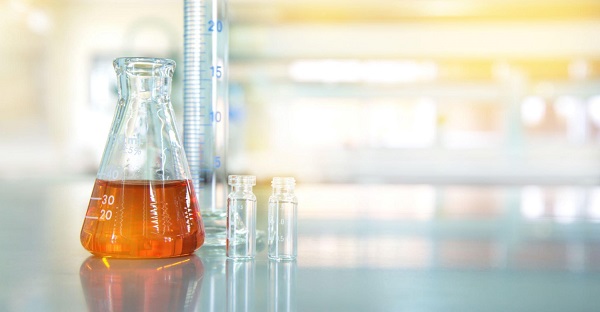
LABSA is one of the main ingredients for the production of soaps and detergents. It is produced by the sulphonation reaction of Alkyl Benzene with Sulphur trioxide (SO). Since sulfonic acids are frequently used in the form of their sodium salts, sulfonation is usually followed by neutralization with sodium hydroxide or sodium carbonate.
LABSA storage
LABSA should be stored in tight-closed containers, away from direct sun and water. Other storage conditions include:
- LABSA should be kept in a cool and dry facility, preferably in its original packaging.
- LABSA should be stored in low to moderate temperatures.
- LABSA is incompatible with galvanized steel, aluminium, and copper alloys.
LABSA health hazards
LABSA is a corrosive substance. In contact with the eyes, it may cause ocular lesions. LABSA contact with the skin may cause burns. It is seriously irritating to the mucous if swallowed. The product is harmful if ingested. Its hazardous effects are:
- In the case of ingestion, it may cause severe irritation of the mouth and esophagus. If accidentally ingested, administer water. Do not induce vomiting.
- LABSA is not volatile. In the case of fire, if fumes or aerosols are inhaled, remove the patient to a well-ventilated location and call a physician.
- In the case of skin contact, LABSA may cause burns. Remove the contaminated clothing and wash it with plenty of water and call a physician immediately.
FAQ
What is LABSA?
LABSA is one of the main ingredients in the manufacturing of detergent and cleaning powders, liquid and oil soaps, and a variety of anionic speciality formulations.
Why LABSA is used in detergent?
LABSA is a surfactant widely used in the detergent industry. Due to its high water solubility, strong cleaning power, low cost, and environmental advantages, LABSA is a suitable substance for manufacturing detergents and cleaning powders.
What is the solubility of LABSA?
LABSA is soluble in water, alcohols, glycols, glycol ethers, esters, ketones, aromatic and aliphatic hydrocarbons.
What is the other name of LABSA?
Linear alkyl benzene sulfonic acid (LABSA) is also known as Dodecylbenzene Sulfonic Acid, LAS, and n-Dodecylbenzene Sulfonic Acid.
What are the handling conditions of LABSA?
Operators should avoid contact with the product. While handling LABSA, operators should wear a protective apron, rubber or PVC gloves and a face shield.
What is Labsa used for?
Linear alkyl benzene sulphonic acids (LABSA) is commonly used as cleaning agents (household and personal care products).
What is the price of LABSA?
ArChem Linear alkyl benzene sulfonic acid (LABSA) can be purchased in a variety of volumes. Depending on your orders, Prices are different. for more information, please contact our technical sales team in ArChem.
Is Linear alkyl benzene sulfonic acid toxic?
After prolonged and repeated contact, LABSA may cause slight irritation to eyes and skin. This product has a low vapour pressure, therefore it is not an inhalation hazard. If LABSA is heated, vaporization can occur. So, eye, skin, and upper respiratory irritation may occur.


